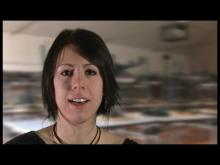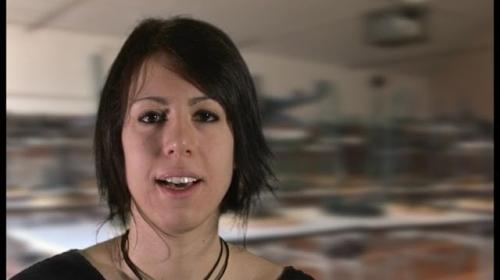The degree programme is based on some interconnected thematic areas:
- Fundamental Sciences: during the first three semesters, you will take the core subjects (mathematics, computer science and statistics, physics and chemistry).
- Basics of Information Engineering: during Year 2 and 3, you will study the basic subjects of information engineering such as electrical engineering, electronics, electromagnetic fields and measurements.
- Elementary Knowledge of Advanced and Applied Physics: Year 3 is dedicated to the study of advanced and applied physics (quantum mechanics, physics of complex systems, solid-state physics, nuclear physics) along with information about some of their applications to innovative materials and nano-scale systems.
You will also be able to choose some optional courses to complete your background in economics and human sciences, as well as in emerging issues of information engineering or other engineering fields.
At the end of the programme, after passing the English language exam (B2 level), you will have to take a final exam. The final exam requires you to integrate what you have learned in the variuos diciplines and consists of an in-depth study of a specific topic related to the course of study.
The programme is Italian-taught, the first two years are also available in English.
Many of your classmates will be international students and you will be able to experience a multicultural environment.
You will learn through the analysis of real case studies, small projects and face-to-face lectures complemented by group exercises and/or laboratory experiments, including parallel teams.
You may choose to do an internship in industries, research organizations, or hospital facilities.
After gradiation, you will know how to use advanced technology devices and equipment based on innovative physical phenomena (e.g., devices for micro- and nanotechnology and microelectronics, for telecommunications, and for recording information and data).



